France’s President Emmanuel Macron snatches symbolic victory from the jaws of political defeat in a magnificent reopening ceremony blending the political and sacred.
France’s President Emmanuel Macron staged an impressive return to the world stage using the reopening of Notre Dame Cathedral as an opportunity to broker talks between Ukraine’s Volodymyr Zelenskyy and US President-elect Donald Trump against a backdrop that eclipsed other European leaders.
The ceremony came at the end of a challenging week for the French president, after the collapse of the government, which left the country rudderless.
Two days before the ceremony Macron was vowing to see out his remaining 30-month term as president despite calls for his resignation.
On Friday, European Commission President Ursula von der Leyen announced the brokering of a trade agreement between the EU and the Mercosur countries. France — and Macron personally — strongly opposed the deal, and the timing of the announcement seemed to emphasise the country’s loss of sway in the driving seat of the EU.
Even the weather seemed inauspicious, with a concert set to be staged on the esplanade outside the cathedral being pre-recorded due to the stormy wind.
But Macron played the event as a masterstroke of cultural diplomacy by inviting Trump and Zelensky to a trilateral meeting at the Elysée in the afternoon before the main ceremony.
With photos of Trump and Macron embracing and shaking hands several times on the steps of the French presidential palace, Trump was also given a full guard of honour, despite not yet being in office.
Given fears in Kyiv about Trump’s claim that he could end the war in Ukraine within 24 hours — and the potential concessions to Russia this might entail — the meeting would have been useful for Zelenskyy. Afterwards, he thanked Trump for his "unwavering resolve," describing the talks as "good and productive".
It also gave Macron a first-mover advantage on the look of a second Trump presidency. The trip was Trump's first international foray since winning the election last month. Elon Musk, Trump’s pick for his newly-created "Department of Government Efficiency" was also invited to the ceremony.
Although some 50 other world leaders attended, including Italy’s Giorgia Meloni, most countries were represented by ceremonial rather than political chiefs.
German Chancellor Olaf Scholz was not among the attendees, but the country’s president Frank-Walter Steinmeier attended. Von der Leyen was en route back from the Mercosur negotiations in Montevideo, though the EU Parliament’s President Roberta Metsola was present.
This focused the diplomatic limelight squarely on Macron and Trump, who sat between the French president and his wife in the front row of the cathedral.
The Assad regime in Syria was disintegrating during the Elysee talks and the ceremony.
"It seems like the world is going a little crazy right now and we will be talking about that," Trump told reporters earlier as he prepared to sit down for the talks with Macron, reinforcing the notion that it will be the pair of them acting as the key Western interlocutors.
Macron tapped into the tradition of Notre Dame’s use for ceremony blending political power with religion. The French president has described the cathedral, where Napoleon crowned himself emperor, as a "metaphor for the life of the nation”.
The challenges of forming a new government and overcoming France’s economic woes remain thorny and intractable, but the picture presented by Macron in Notre Dame will endure.

 1 month ago
7
1 month ago
7
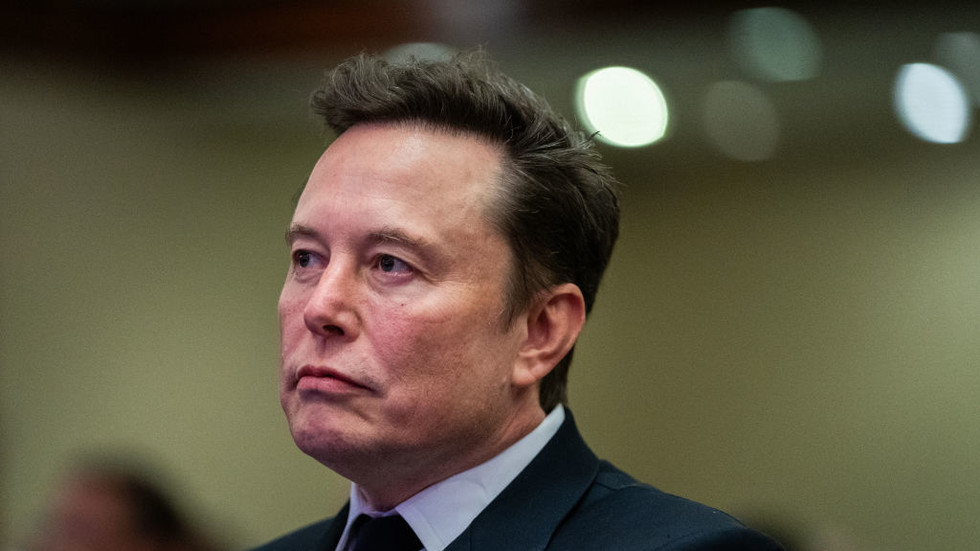
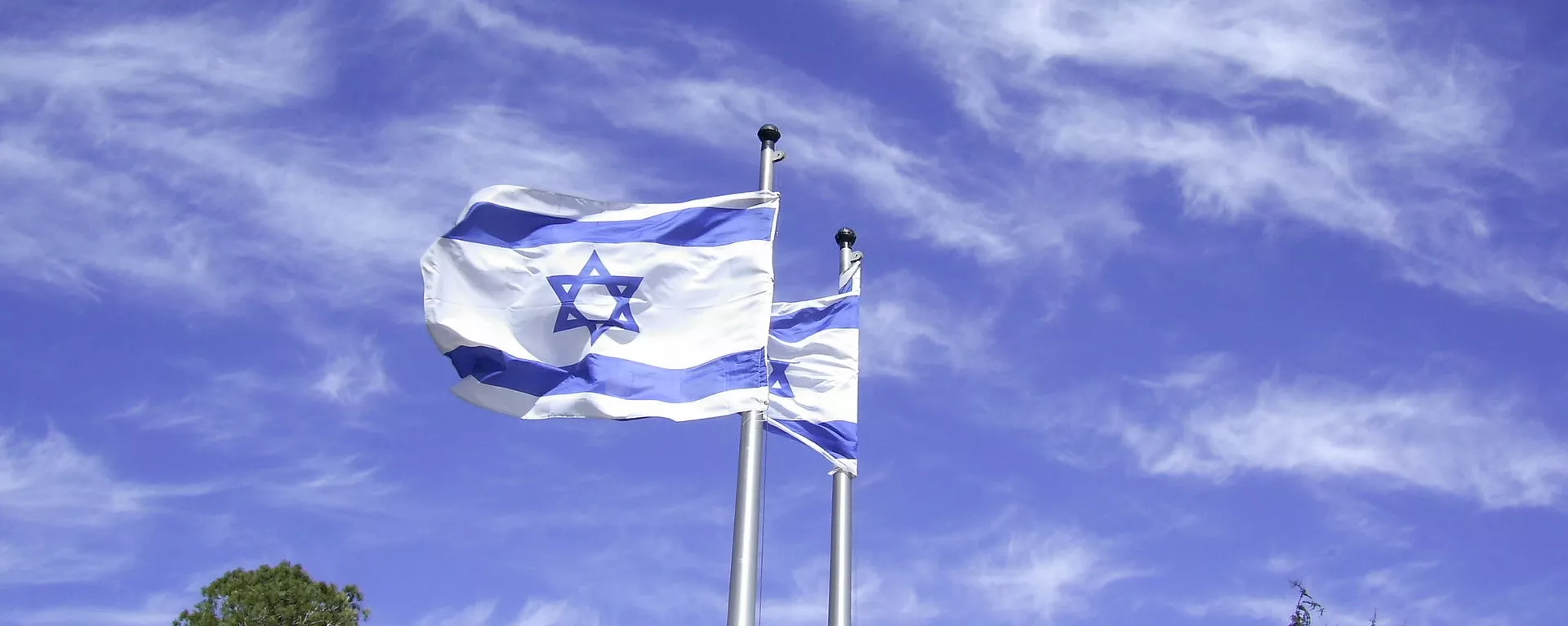
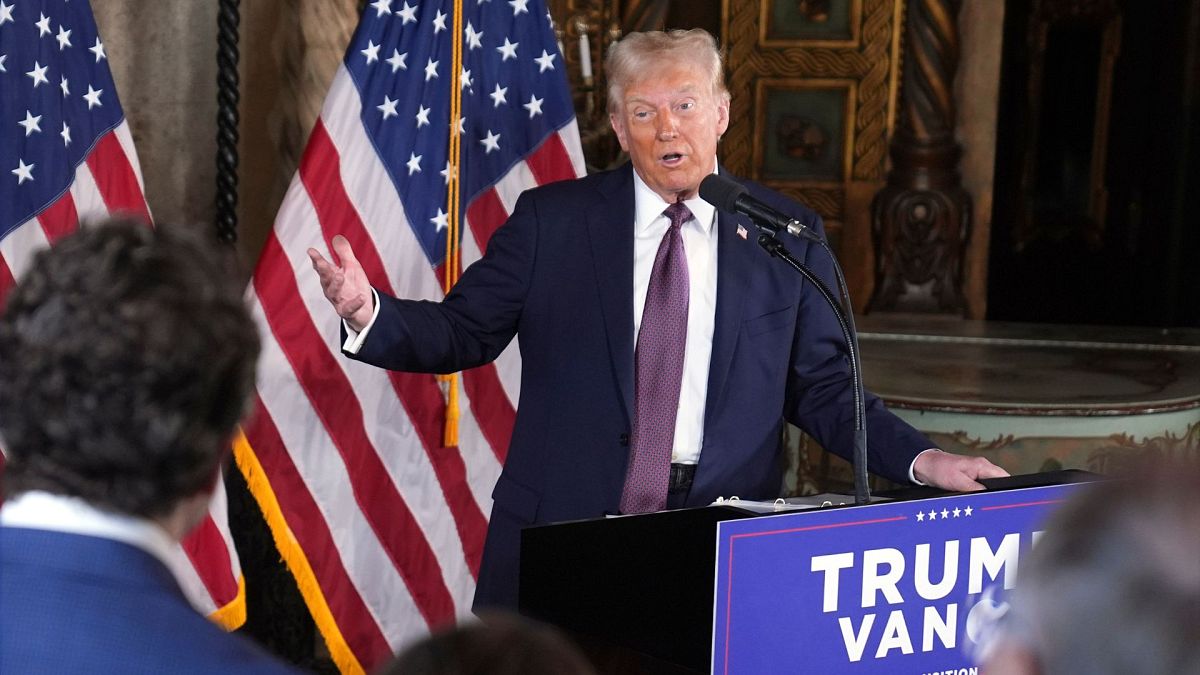
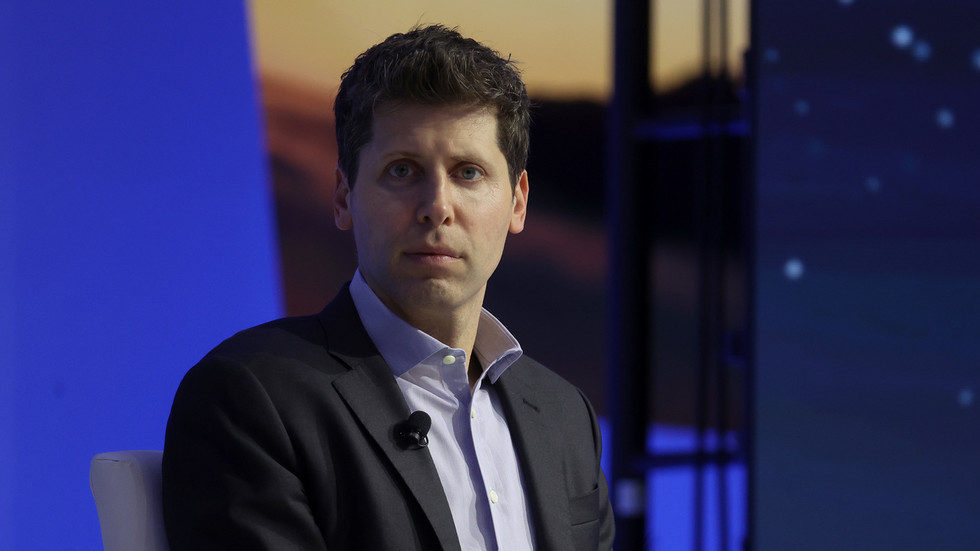
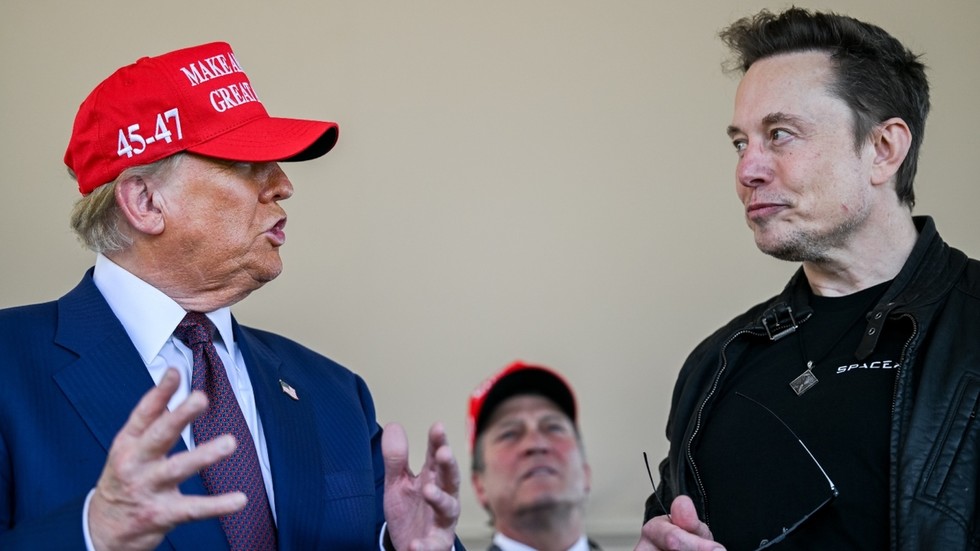
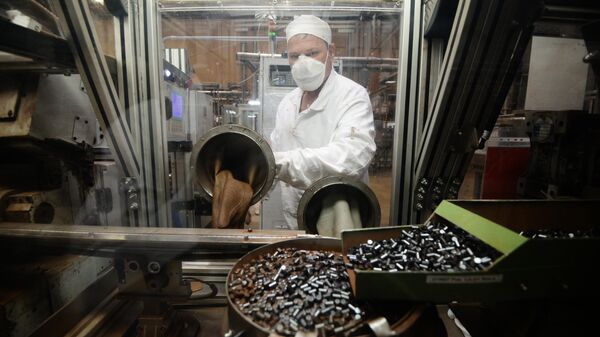
 We deliver critical software at unparalleled value and speed to help your business thrive
We deliver critical software at unparalleled value and speed to help your business thrive






 English (US) ·
English (US) ·